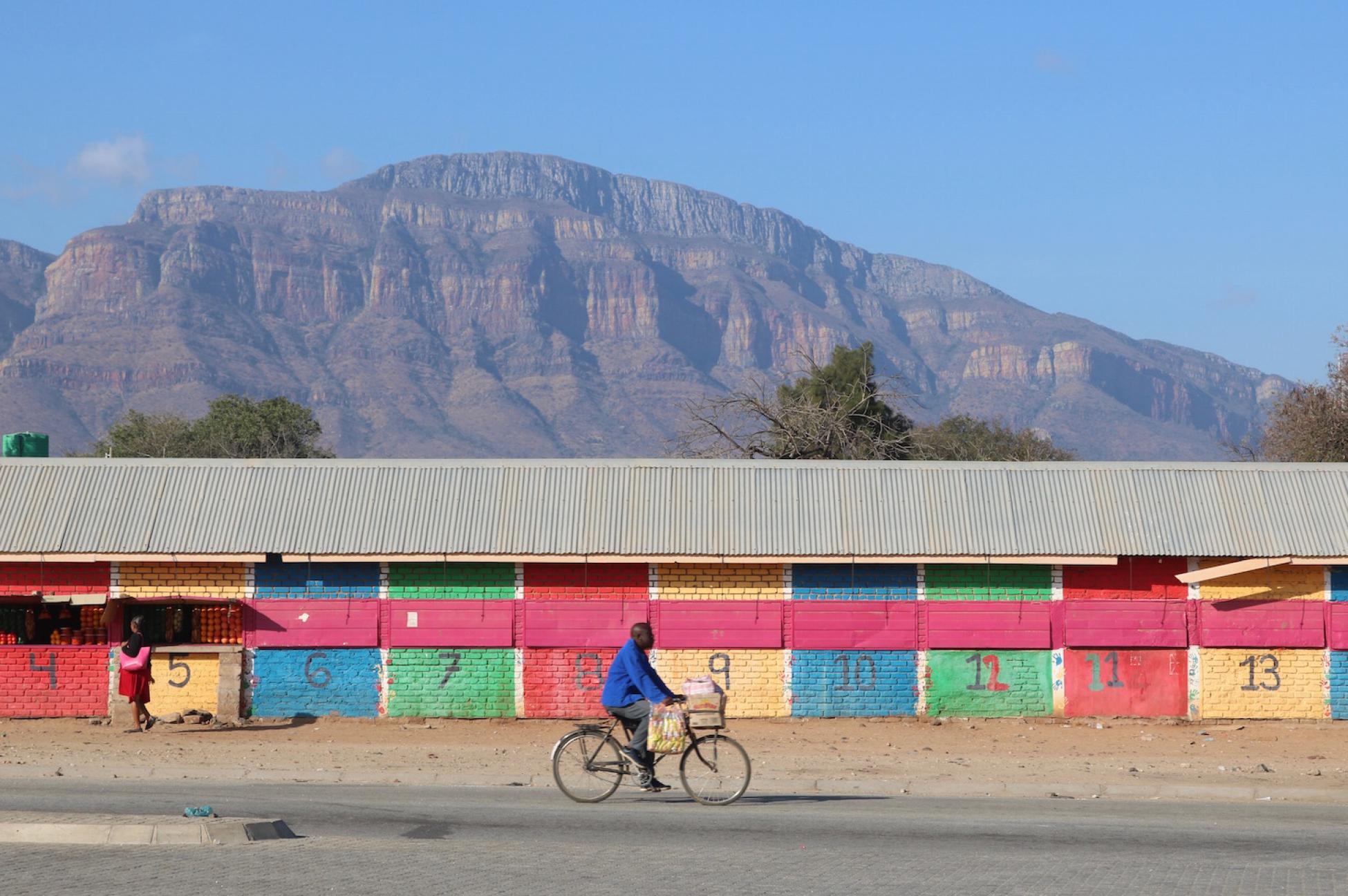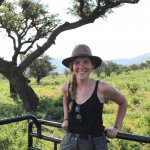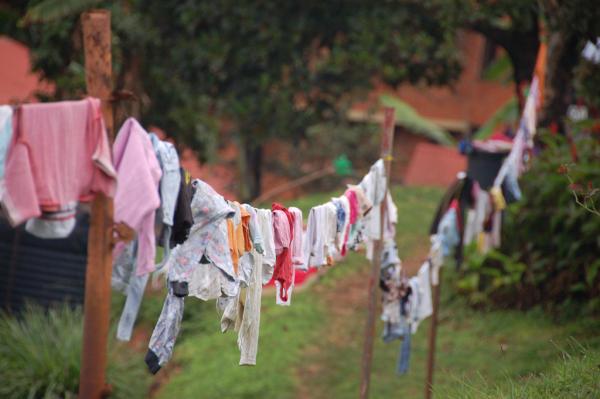Encompassing two world-renowned national parks and numerous private nature reserves, the Kruger to Canyon Biosphere is an eco-tourist's wonderland. Rich in beauty and wildlife, it attracts visitors from all over the world who come to explore the astonishing natural landscapes. Most famously, the biosphere is home to Kruger National Park, a conservation area roughly the size of Israel, home to Africa’s illustrious "Big Five": the lion, elephant, buffalo, leopard and rhinoceros.
The Kruger to Canyon Biosphere is recognized by UNESCO as one of 669 biosphere reserves around the world. My nearest town, Hoedspruit, is located in the heart of the biosphere and consequently is a hub for nature conservation. Given my interest in this field, it is a fascinating place to be based.
While the primary purpose of a biosphere reserve is to conserve and protect the natural resources of the region, this is underpinned by a focus on social development and sustainability. In the Kruger to Canyons region, it is thought that approximately 1.5 million people live in the area, with large rural communities interspersing the patchwork of conservation areas.
Many local people have never had the opportunity to go inside a wildlife reserve. They have never seen a giraffe, elephant or zebra in their life.
Although the communities in this region neighbour some of the most spectacular displays of wildlife in the natural world, I was surprised to discover that many people living here have never had the opportunity to go inside a reserve. As a result, they have never seen a giraffe, elephant or zebra in their life. I found it shocking that tourists travel from all over the world to come to South Africa and see the Big Five, yet those with the wildlife right on their doorstep do not get the same opportunities.
The organization I am working for aims to bridge this gap through fostering a harmonious relationship between the natural environment and the communities living in and around it. They do this through providing environmental education to children from the local villages.
Each week, eight children are invited to stay on our reserve for the week and learn about conservation and the environment. They are taught about environmental issues such as poaching, and get the opportunity to care for the animals in our wildlife orphanage. This initiative aims to inspire children to protect their environment with the hope that in the future some of them may want to pursue jobs in the environmental sector.
It has been eye-opening for me to realize how little the children that stay on our reserve know about the environment around them. This is in part due to a poor education system, with class sizes range from 60 to over 100 students. However, I also think it reflects how conservation projects in the area are lacking in community engagement initiatives.
A few weeks ago, I had the opportunity to take some of the children to Kruger National Park on a game drive as a reward for their participation and enthusiasm while they were staying at our camp. On the game drive, we were lucky enough to spot a herd of nearly 40 elephants. This was the most magical experience, not only because I always love seeing elephants in the wild, but because I could see how delighted the children were to see these animals for the first time. We also had sightings of giraffe, zebra and kudu and it was amazing to see them get equally excited at each encounter. It was an incredible day and I felt very fortunate to be able to share this experience with them.
Having personally witnessed the divisions between local communities and protected areas in this region it has made me realize how essential community engagement is to the success of conservation programs.
I look forward to continuing my work here as I learn more about the environmental and social complexities of the region.
Add this article to your reading list




